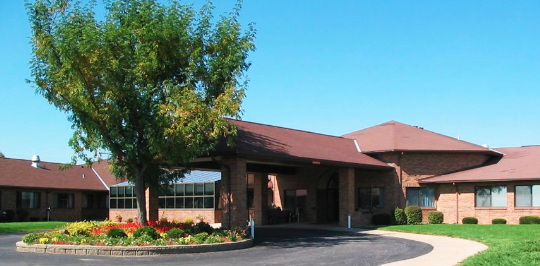Asking the Doctor Questions
It’s Columbus Day, your children are out of school and your mom has a doctor’s appointment this morning. How do you make sure the kids are looked after and still get mom to the doctor? Life today is active, especially for women aged 45 — 56 who care for both their parents and children. This is the fourth of a six-part series for these people caught in the “sandwich generation”.
Of course, mom could go to the doctor alone, but she doesn’t ask questions and seems to not know have clear direction after seeing the doctor when alone. Sometimes, during the normal aging process, people tend to not be as sharp when they are in a stressful situation; and many times the doctor’s visit can be stressful.
When you accompany mom to the doctor, what should you know? First, always bring a copy of all appropriate insurance cards and a current medication list. This list should also include any supplements and over-the-counter medications your mom is taking.
If your mother has a diagnosis, ask current status, and what she can do to best manage that condition. Can she make lifestyle changes that would help? Does she need a specialist? If there is no diagnosis yet, but she has a problem, ask what are the three things most likely wrong with me?
If surgery is recommended, ask what are the treatment choices, pros/cons? What are the permanent consequences of treatment and what are the possible complications? What are the options as to where this procedure can be done and when should it be done? Should we get a second opinion?
If medication is prescribed: are free samples available? Are there side effects and what should I look for and do if there are side effects? Are there foods, drinks, dietary supplements, or over-the-counter medications that should not be consumed while taking this medication?
One of the most important forms of health management at one age is medication management. Simple pillboxes will help an active person from forgetting to take their medications. In later years and as things become more complicated, a good medication dispenser system can be Godsend. These systems can signal your mother when it is time to talk about her mediations and even notify you if she misses a dose. In today’s world, proper medication management can keep a person healthier and out of the hospital.
Coordinating care for your children and parents simultaneously is not easy. What can you do to manage this? Three words of advice: Plan, Plan, and Plan. Legal, financial, residential, mental, and physical healthcare elements must be addressed prior to a crisis. A sandwich generationer should guide their parent through these issues and the primary issue of safety while being careful not to take all control away from a parent. Once again, it is important to start talking, making suggestions, and guiding early, do not wait for a crisis.
If you would like a list of “questions to ask in different aspects of care” see our website and look under the “Patient Advocacy Division”.





